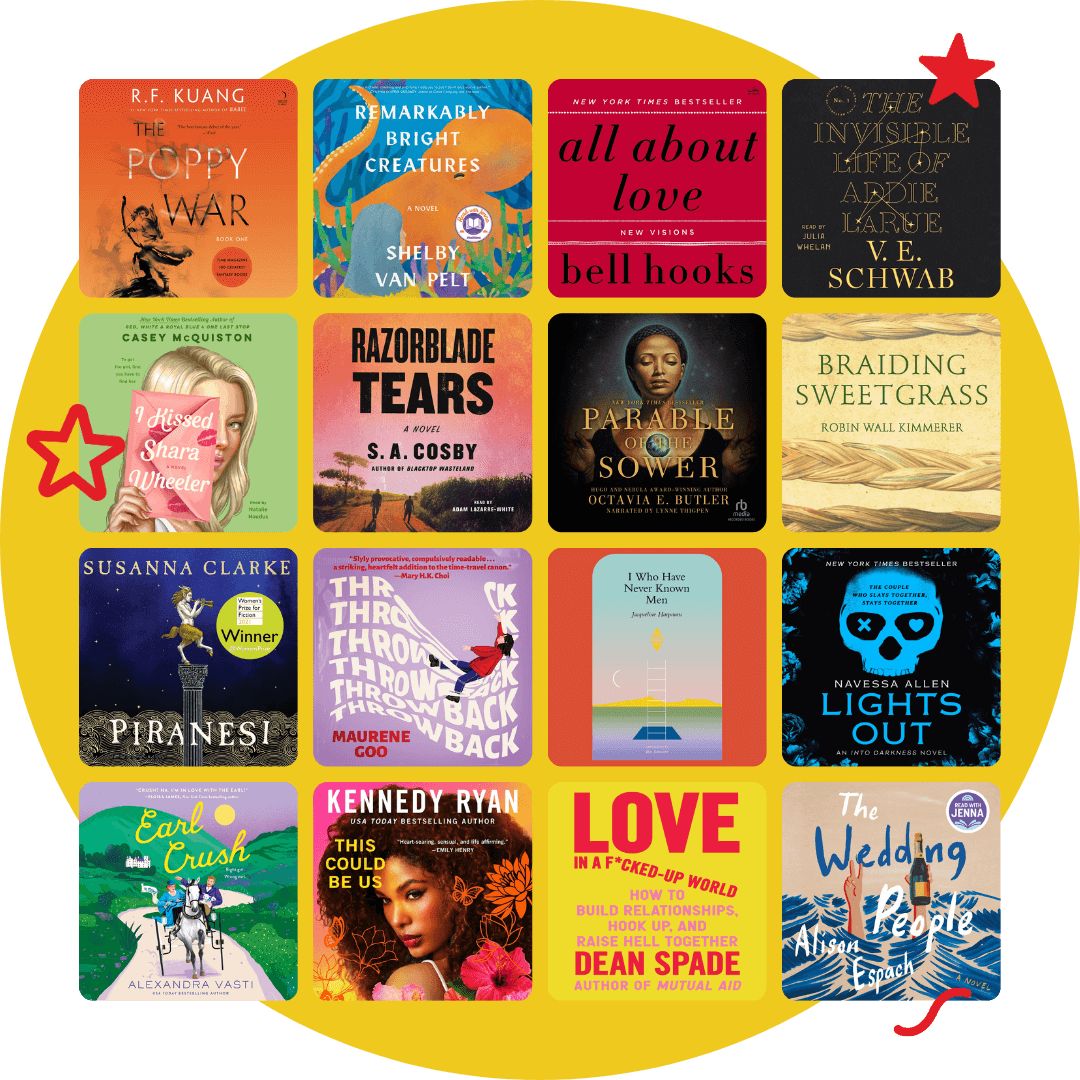Author:
Laura Basha, Ph.D

Almost ready!
In order to save audiobooks to your Wish List you must be signed in to your account.
Log in Create account
Indie Bookshop Appreciation Sale
In celebration of indies everywhere, shop our limited-time sale on bestselling audiobooks. Don’t miss out—purchases support local bookstores!
Shop the saleThe Character Of Thought
This audiobook uses AI narration.
We’re taking steps to make sure AI narration is transparent.
Learn moreSummary
Dr. Laura Basha discusses how the power and quality of thought influences our ability to bring choice into process. She describes the three principles of Mind, Consciousness, and Thought and how they are connected: “The mind is formless but has energy…consciousness is the movement of the mind according to our level of understanding and is the gift that brings thought to life.” She goes on to say that thought has two attributes, personal thought and universal thought. Personal thought has such characteristics as worry and memory. We tend to get more attached to this mode of thinking and it is influenced by the culture in which we are raised or the culture in which we reside, including corporate culture. Basha encourages us to notice where we are placing our attention. Are we paying attention to worry or are we paying attention to peace? ”Like in a garden, if you water the lilies, the lilies will grow. If you water the weeds the weeds will grow.” She advises us to water the flowers of our thoughts. She also describes two different modes of thought, Flow and Process. Process Thinking Mode is necessary and very useful in allowing us to navigate much of the logistical necessities of everyday living. However, because it is a closed system, data oriented mode of thinking, it has a tendency to lead to worry. Basha characterizes Flow Thinking Mode as having access to “[I]nfinite intelligence, omniscient wisdom, omnipotent love. It’s compassion, it’s genius, it’s creativity. It’s where Michelangelo, Da Vinci, and Einstein lived. They tapped into that…That realm of infinite intelligence is available to all of us.” She challenges us to listen to what we don’t know, rather than what we do know. Basha also talks about the concept of Transformational Humor, which she believes is the highest quality of thought. Finally, she reminds us how important silence is to transformation.
Audiobook details
Narrator:
Justine Willis Toms
ISBN:
9781987132298
Length:
57 minutes
Language:
English
Publisher:
New Dimensions Foundation
Publication date:
April 9, 2015
Edition:
Unabridged
 Start gifting
Start gifting
 Libro.fm for Business
Libro.fm for Business
 Start a membership, get two free audiobooks
Start a membership, get two free audiobooks